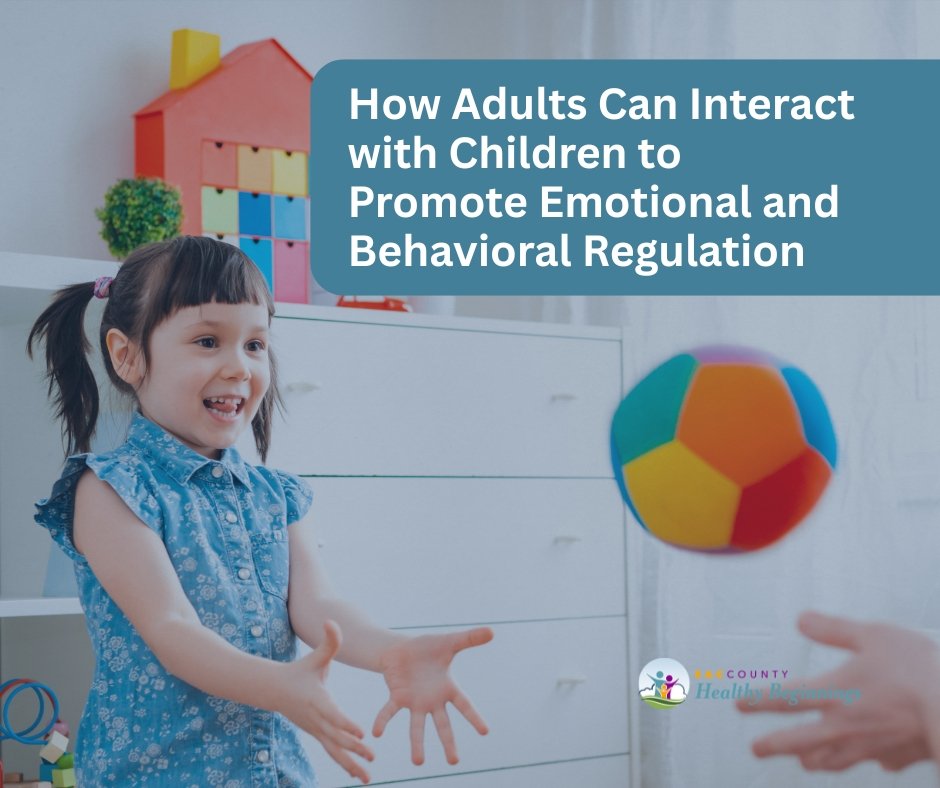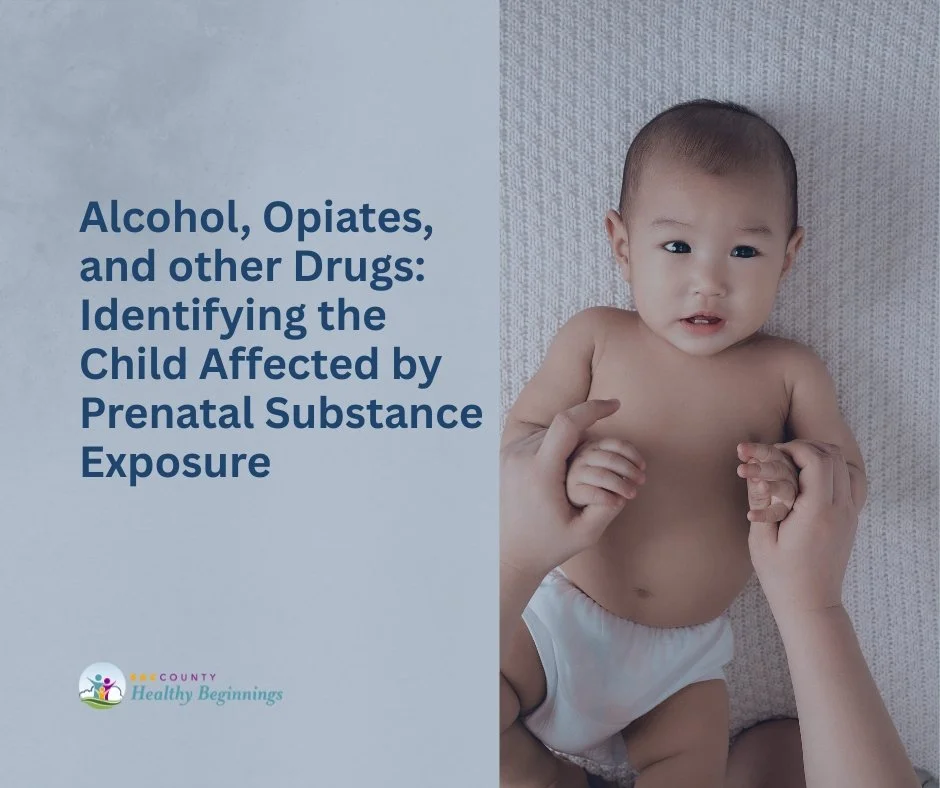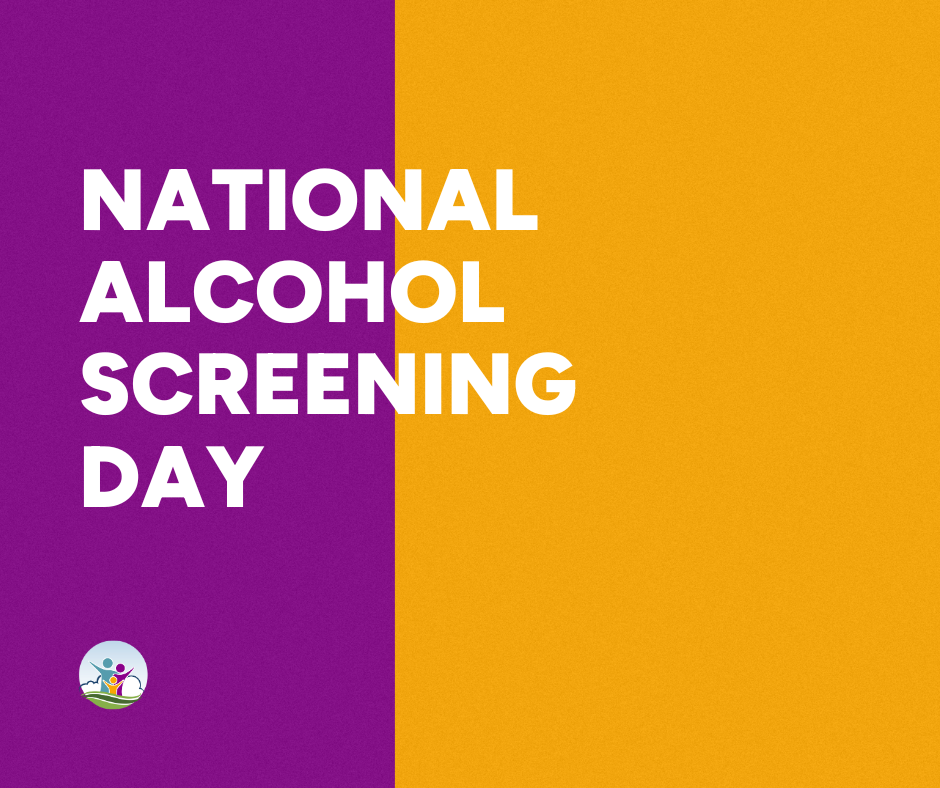
Building Stronger Bonds: Enhancing Parent-Child Attunement
Presented by Amy Groessl, LCSW, PhD
For children to succeed and learn over the long term, they rely on a positive nurturing relationship with key adults in their lives. This session will address parent-child attunement, which is the ability to recognize, interpret, and respond to a child's needs in a sensitive and consistent manner and is essential for children who struggle with self-regulation as they attempt to process the world around them. Additionally, the session will address caregivers' own stress and emotional well-being, providing tools for self-regulation and resilience to support both the child and the caregiver in navigating these challenges together.

Therapeutic Approaches for Children with Prenatal Substance Exposure
Presented by Ira J Chasnoff, MD
Treatment for individuals with prenatal substance exposure must be grounded in an appreciation of the neurodevelopmental deficits that drive the child’s behavioral difficulties. This program will address the evidence-based treatment approaches that appear to improve the developmental trajectory for individuals with prenatal substance exposure. The treatment strategies will be grounded in interventions that consider the three basic domains of functioning affected by prenatal substance exposure – neurocognitive, self-regulation, adaptive – and present evidence-based treatment interventions that have proven effective.

How Adults Can Interact with Children to Promote Emotional and Behavioral Regulation
Presented by Christine Schmidt, PsyD
Children who have histories of complex trauma, including experiences of prenatal substance exposure, abuse, neglect, loss, and witness to violence often endure significant emotional and developmental struggles, sometimes even years after some degree of emotional stability has been achieved. This workshop will explore the neurobiological impact of complex trauma, including the profound effects of early adverse experiences on brain development and behavior. Strategies to help adults promote emotional and behavioral regulation will be introduced, with a focus on how adults show up, what adults can say, and tools adults can use to promote organized and regulated behavior.

Sensory Processing: Strategies for the Home and Clinic
Presented by Sue Green, OTRL
This webinar will provide professionals and caregivers who work with children impacted by prenatal substance exposure essential knowledge on how sensory processing difficulties affect these children. By understanding sensory modulation and implementing effective sensory strategies, caregivers and professionals can help children achieve better self-regulation, leading to improved behavior, attention, and emotional well-being.

Alcohol, Opiates, and other Drugs: Identifying the Child Affected by Prenatal Substance Exposure
Presented by Ira J Chasnoff, MD
This session will review the core diagnostic elements for identifying children affected by prenatal substance exposure and describe a framework for recognizing the behavior and developmental difficulties this population of children may exhibit.

Stigma and Bias in the Healthcare System: What can we do about it?
Stigma and bias are rooted in societal norms and attitudes that frequently are communicated on a personal level. Recognizing that effective healthcare often relies on our personal relationship with our patients and clients, acknowledging and correcting stigma is an essential step in supporting the growth and health of not only those patients and clients but also ourselves. This session will examine the history of attitudes toward substance use, misuse, and abuse in the U.S., will examine societal norms that allow bias and stigma to become embedded in the healthcare system, and will discuss how caring clinicians can examine and correct their own behaviors and communication styles in ways that will promote positive outcomes for our patients and clients.

How Drugs Harm Healthy Lifestyles & Healthy Lifestyles Prevent Drug Use: Free Webinar
Session Objectives:
1. Describe common healthy lifestyle behavior problems among youth.
2. Identify why healthy lifestyle behaviors are critical for youth mental and physical wellbeing, performance and happiness.
3. Describe how healthy lifestyles protect against alcohol and drug use and how substance use harms developing and maintaining healthy lifestyle behaviors.
4. List 4 strategies for increasing healthy lifestyle behaviors among youth.

National Fentanyl Awareness Day (NFAD)
NFAD brings together several organizations nationwide to take action to protect young lives from deadly fentanyl and fake prescription pills. While recent data shows progress in reducing overdose deaths from record highs, nearly half of teens still don’t know that counterfeit prescription pills often contain lethal amounts of fentanyl.

National Prescription Take Back Day
National Prescription Drug Take Back Day aims to help make our communities safer and healthier by providing safe and convenient means of properly disposing of unneeded prescription medications.

Sacramento County Alcohol and Drug Advisory Board Treatment Committee (Hybrid Format)
Sacramento County Alcohol & Drug Advisory Board Treatment Committee (Hybrid Format)
Time: 1:30 PM- 3:00 PM
Location: 7001A East Parkway, Suite 501, Sacramento
Please refer to the agenda at this link.

Sacramento County Alcohol and Drug Advisory Board Treatment Committee (Hybrid Format)
Sacramento County Alcohol & Drug Advisory Board Treatment Committee (Hybrid Format)
Time: 1:30 PM- 3:00 PM
Location: 7001A East Parkway, Suite 501, Sacramento
Please refer to the agenda at this link.

National Alcohol Screening Day
National Alcohol Screening Day aims to raise awareness about alcohol-related harms and connect individuals at risk with treatment options.

Sacramento County Alcohol and Drug Advisory Board Treatment Committee (Hybrid Format)
Sacramento County Alcohol & Drug Advisory Board Treatment Committee (Hybrid Format)
Time: 2:00 PM- 3:30 PM
Location: WellSpace Health, 4441 Auburn Blvd, Sacramento
Please refer to the agenda at this link.

Sacramento County Alcohol and Drug Advisory Board Treatment Committee (Hybrid Format)
Sacramento County Alcohol & Drug Advisory Board Treatment Committee (Hybrid Format)
Time: 2:00 PM- 3:30 PM
Location: WellSpace Health, 4441 Auburn Blvd, Sacramento
Please refer to the agenda at this link.

Sacramento County Alcohol and Drug Advisory Board Criminal Justice Committee
Sacramento County Alcohol & Drug Advisory Board Criminal Justice Committee
Time: 2:00 PM- 4:00 PM
Location: Sacramento County’s District Attorney’s Office, 901 G Street, Conference Room, Sacramento

National Public Health Week
National Public Health Week acknowledges the many contributions of public health in communities and highlights the issues and practices that are important to improving healthcare quality and making sure that all people get the healthcare services they need.

Sacramento County Coalition for Youth (SCCY)
Sign up to receive meeting information at this link: https://www.sacramentoccy.org.

World Autism Awareness Day
World Autism Awareness Day aims to raise awareness about autism spectrum disorder (ASD) and to promote understanding, inclusion, acceptance, and support for families and individuals on the autism spectrum.

National Child Abuse Prevention Month
National Child Abuse Prevention Month is a time to increase awareness forchild abuse prevention and uplift the important work being done to keepchildren and families together. When families thrive, communities thrive!

Communicating the Danger: Prenatal Fentanyl Exposure and the Vulnerable Child
Fentanyl use during pregnancy places the prenatally exposed child not only at high risk for Neonatal Abstinence Syndrome (NAS) in infancy but increasing neurodevelopmental challenges as the child grows and develops. However, given the highly addictive nature of fentanyl and its impact on the physiologic functioning of the brain of the adult with fentanyl use disorder, communicating this risk is frequently very difficult. This session will present the effects of fentanyl use on the adult brain, discuss the impact of prenatal fentanyl exposure on the exposed child, and provide a conceptual framework for communicating with an adult with a substance use disorder.

National Day of Racial Healing #HowWeHeal
Communities across the country will participate in the National Day of Racial Healing. It’s a special day to acknowledge the values we share, build common ground and inspire collective action that furthers #HowWeHeal from the effects of racism.

Martin Luther King Jr. Day (MLK DAY)
Dr. King was the chief spokesperson for nonviolent activism in the Civil Rights Movement, which protested racial discrimination in federal and state law.

Sacramento County Alcohol & Drug Advisory Board Executive Committee
Sacramento County Alcohol & Drug Advisory Board Executive Committee
Time: 1:30 PM- 3:00 PM
Location: 7001A East Parkway, Suite 501, Sacramento
Please refer to the agenda at this link: https://dhs.saccounty.gov/BHS/Pages/Advisory-Boards- Committees/Alcohol-and-Drug-Advisory-Board/BC-2025-Alcohol-and- Drug-Advisory-Board-Meetings.aspx.

Marijuana and Pregnancy: A Public Health Perspective
With the legalization of recreational use of marijuana, rates of use during pregnancy have steadily increased. At the same time, public health messages have failed to communicate the possible negative effects of marijuana on pregnancy and child outcome. This session will describe the action of marijuana on the developing fetal brain, its impact on maternal and infant mortality and morbidity, and implications of prenatal marijuana exposure on the child’s neurodevelopment. This information can be used to create strategies for prevention.

Sacramento County Alcohol & Drug Advisory Board Treatment Committee
Sacramento County Alcohol & Drug Advisory Board Treatment Committee
Time: 2:00 PM- 3:30 PM
Location: WellSpace Health, 4441 Auburn Blvd, Sacramento
Please refer to the agenda at this link: https://dhs.saccounty.gov/BHS/Pages/Advisory-Boards- Committees/Alcohol-and-Drug-Advisory-Board/BC-2025-Alcohol-and- Drug-Advisory-Board-Meetings.aspx.

Sacramento County Opioid Coalition Meeting
Sacramento County Opioid Coalition Meeting
Time: 2:00 PM- 3:30 PM
Register for Zoom Meeting: https://us02web.zoom.us/meeting/register/tZAtceGrqTkiH9wL4LjZsTW NCC8wfITOAjbR#/registration.
Meeting Agenda: SUPT and Coalition Community Updates Learn about Mental Health First Aid Training and How to Become Certified Proposition 36 and How It Addresses the Fentanyl Epidemic in Our Community

National Human Trafficking Awareness Day
According to the State of California Department of Justice, Attorney General’s website: “Human trafficking is among the world's fastest growing criminal enterprises and is estimated to be a $150 billion-a-year global industry. It is a form of modern-day slavery that profits from the exploitation of our most vulnerable populations. One common misperception is that human trafficking requires movement across borders.
Substance Use Disorder Treatment Month
In January, the Center for Substance Abuse Treatment at the Substance Abuse and Mental Health Services Administration (SAMHSA) will be kicking off the first national Substance UseDisorder Treatment Month – a time to raise awareness of the benefits and availability of evidence-based treatments for people with a substance use disorder. We know so many people view January as a time to take stock, reset, and take steps toward healthier living. What better time for us to highlight information and resources that can help support treatment and recovery from a substance use disorder?
For tips, resources, and free webinars to help people learn more about what substance use disorder is and how it can be effectively treated, check out the Treatment Month toolkit at samhsa.gov/sudtm.

Dry January Month
Dry January Month is a time when many people voluntarily stop consuming alcohol. This month can help normalize abstaining from alcohol or drinking less while developing changes in behaviors for the new year.

National Codependency Awareness Month
National Codependency Awareness Month aims at helping those who may be involved in codependent relationships. The greater Sacramento Co-Dependents Anonymous community is a great asset for Sacramento community members trying to break free from codependency and looking for support among those that have faced similar struggles.

Substance Use Disorder Treatment Month
In January, the Center for Substance Abuse Treatment at the Substance Abuse and Mental Health Services Administration (SAMHSA) will be kicking off the first national Substance UseDisorder Treatment Month – a time to raise awareness of the benefits and availability of evidence-based treatments for people with a substance use disorder. We know so many people view January as a time to take stock, reset, and take steps toward healthier living.

National Mental Health Wellness Month
Mental Health Wellness Month refers to the actions you take to ensure your mental health needs are being met and maintained. Mental wellness can include the following:
Setting mental health goals and the steps to help you achieve them Volunteer or give back to the community
Meet with a mental health therapist to learn more about yourself
Attend a peer support group
Practice self-care, such as mindfulness, stress management, getting quality sleep, eating a healthy diet, and exercising
Engage in healthy relationships at work, home, school, and socially
Avoid mental exhaustion
If you or someone you know needs someone to talk to, please call 988 Suicide & Crisis Lifeline (available 24 hours a day). You are not alone.
